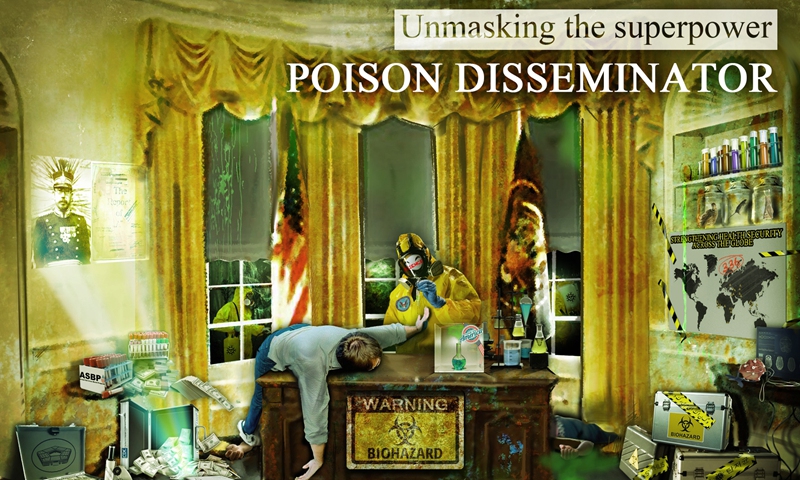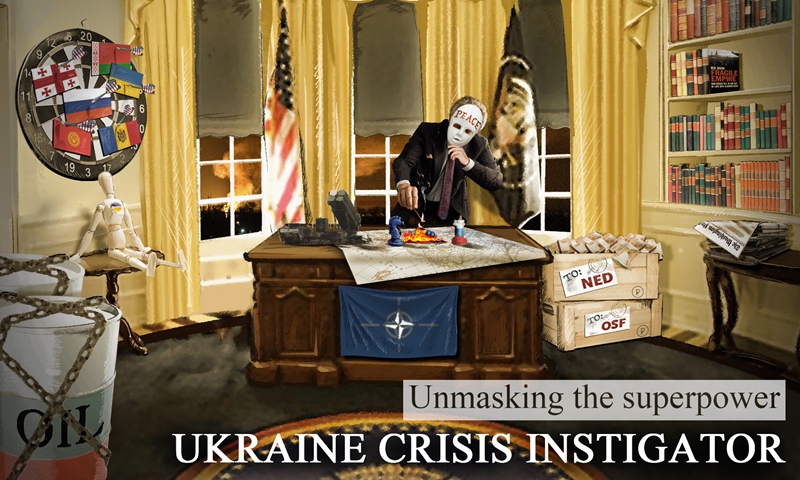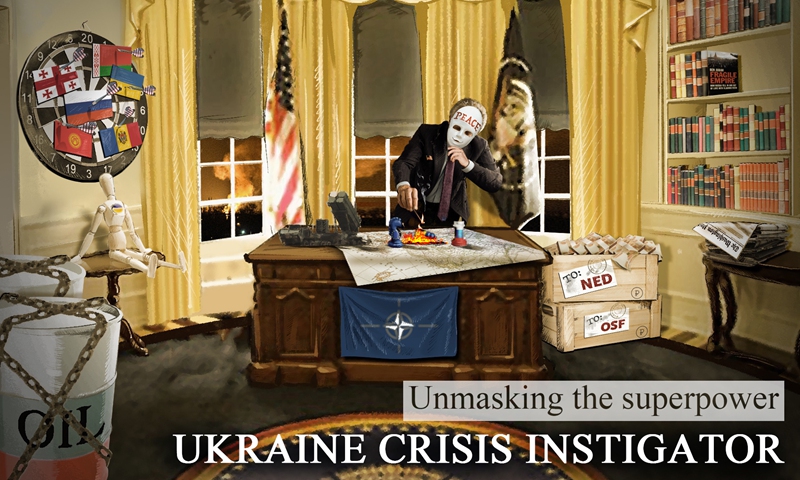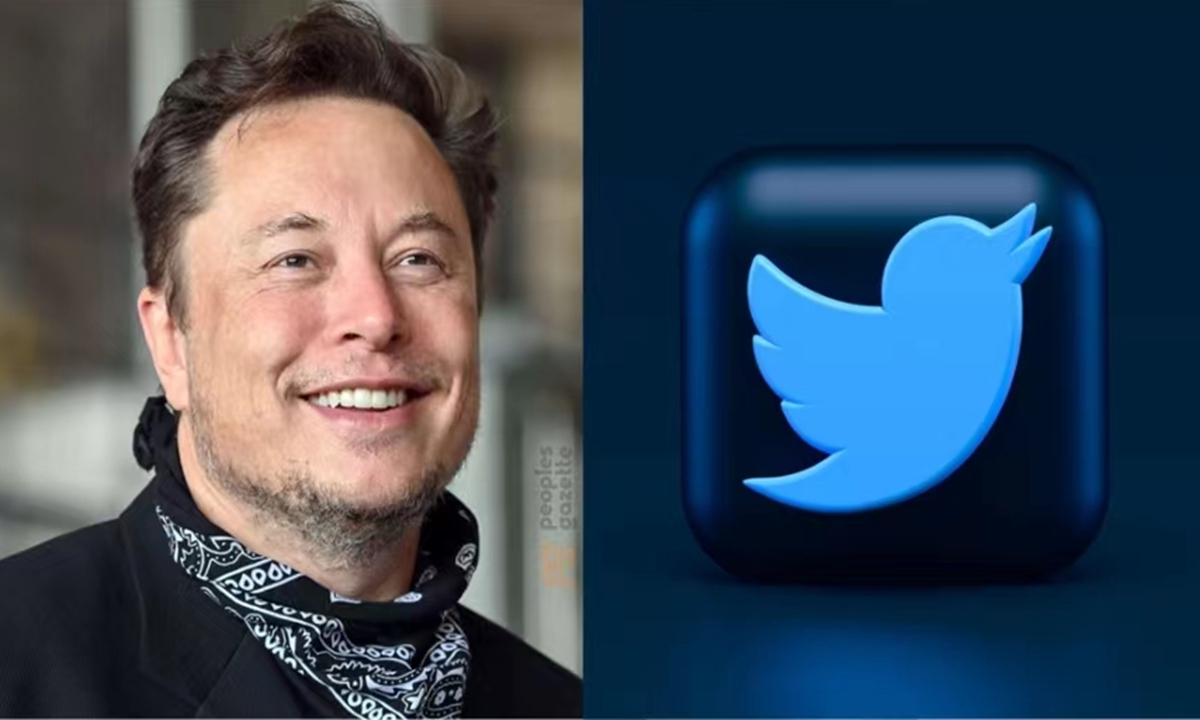 Our food choices may be smarter than previously thought.
Our food choices may be smarter than previously thought.
Researchers say our food choices may be influenced by nutritional requirements rather than calories.
PIONEERING research has shed new light on what drives people’s basic food preferences. The international study, led by the University of Bristol, United Kingdom, set out to re-examine and test the widely-held view that humans evolved to favour energy dense foods and our diets are balanced simply by eating a variety of different foods. Contrary to this belief, its findings revealed people seem to have “nutritional wisdom,” whereby foods are selected in part to meet our need for vitamins and minerals, and avoid nutritional deficiencies. Lead author Jeff Brunstrom, professor of experimental psychology, said: “The results of our studies are hugely significant and rather surprising. For the first time in almost a century, we’ve shown humans are more sophisticated in their food choices, and appear to select based on specific micronutrients rather than simply eating everything and getting what they need by default.” The paper, published in the journal Appetite, gives renewed weight to bold research carried out in the 1930s by an American paediatrician, Dr Clara Davis, who put a group of 15 babies on a diet which allowed them to “self-select”, in other words eat whatever they wanted, from 33 different food items. While no child ate the same combination of foods, they all achieved and maintained a good state of health, which was taken as evidence of “nutritional wisdom”. Its findings were later scrutinised and criticised, but replicating Dr Davis’ research was not possible because this form of experimentation on babies would today be considered unethical. Hence, it has been nearly a century since any scientist has attempted to find evidence for nutritional wisdom in humans – a faculty which has also been found in other animals, such as sheep and rodents. To overcome these barriers, Prof Brunstrom’s team developed a novel technique which involved measuring preference by showing people images of different fruit and vegetable pairings so their choices could be analysed without putting their health or well-being at risk. In total 128 adults participated in two experiments. The first study showed people prefer certain food combinations more than others. For example apple and banana might be chosen slightly more often than apple and blackberries. Remarkably, these preferences appear to be predicted by the amounts of micronutrients in a pair and whether their combination provides a balance of different micronutrients. To confirm this, they ran a second experiment with different foods and ruled out other explanations. To complement and cross-check these findings, real-world meal combinations as reported in the UK’S National Diet and Nutrition Survey were studied. Similarly, these data demonstrated people combine meals in a way that increases exposure to micronutrients in their diet. Specifically, components of popular UK meals e.g. fish and chips or curry and rice, seem to offer a wider range of micronutrients than meal combinations generated randomly, such as chips and curry. The study is also notable as it features an unusual collaboration – Prof Brunstrom’s co-author is Mark Schatzker, a journalist and author. In 2018, the two met when Schatzker delivered a talk about his book, The Dorito Effect, which examines how the flavour of whole foods and processed foods has changed, and the implications for health and wellness. Prof Brunstrom explained: “Mark challenged the view among behavioural nutrition scientists that humans only seek calories in food. He pointed out, for example, that fine wine, rare spices and wild mushrooms are highly sought after but are a poor source of calories. “This was all very intriguing, so I went to see him at the end and basically said: ‘Great talk, but I think you’re probably wrong. Do you want to test it?’ “That marked the start of this journey, which ultimately suggests I was wrong. Far from being a somewhat simple-minded generalist, as previously believed, humans seem to possess a discerning intelligence when it comes to selecting a nutritious diet.” Schatzker added: “The research questions the modern food environment – does our cultural fixation with fad diets, which limit or forbid consumption of certain types of foods, disrupt or disturb this dietary ‘intelligence’ in ways we do not understand?” “Studies have shown animals use flavour as a guide to the vitamins and minerals they require. “If flavour serves a similar role for humans, then we may be imbuing junk foods such as potato chips and fizzy drinks with a false ‘sheen’ of nutrition by adding flavourings to them.“In other words, the food industry may be turning our nutritional wisdom against us, making us eat food we would normally avoid, thus contributing to the obesity epidemic.” - The Star Malaysia
Say goodbye to daily aspirin
Daily aspirin no longer recommended for adults 60 and older
Doctors reverse recommendation on daily aspirin
THIS might be a tough pill to swallow. People aged 60 and older are no longer recommended to take aspirin medication as a way of avoiding heart disease because of the potential health risks, the United States Preventive Services Task Force (USPSTF) announced last week. The new stance by the leading task force serves as an update to its 2016 guidance, which said people between 60 and 69 years old with at least a 10% risk of suffering from cardiovascular disease over the next 10 years should view taking low-dose aspirin daily as an “individual” decision. “Based on new evidence since the 2016 Task Force recommendation, it is now recommended that once people turn 60 years old, they should not consider starting to take aspirin because the risk of bleeding cancels out the benefits of preventing heart disease,” reads the announcement by the USPSTF. Meanwhile, people aged 40 to 59 with at least a 10% risk of 10-year cardiovascular disease should look at taking daily aspirin as an individual choice, the task force said. “Daily aspirin use may help prevent heart attacks and strokes in some people, but it can also cause potentially serious harms, such as internal bleeding,” John Wong, a member of the task force, said in a statement. “It’s important that people who are 40 to 59 years old and don’t have a history of heart disease have a conversation with their clinician to decide together if starting to take aspirin is right for them.” The new guidelines apply to people who don’t have cardiovascular disease but are at high risk to develop it and haven’t begun taking aspirin each day. The organisation also notes that about 605,000 people in the US suffer their first heart attack each year on average, while about 610,000 have their first stroke. Heart disease accounts for more than 25% of deaths in the US, making it the leading cause in the country. Aspirin is an anti-inflammatory drug that has been used for more than a century. It’s often taken to treat symptoms such as headaches, body aches and other cold-like ailments. The task force is made up of 16 appointed volunteers who are each considered leaders within a field of health or medicine.- TNS


















